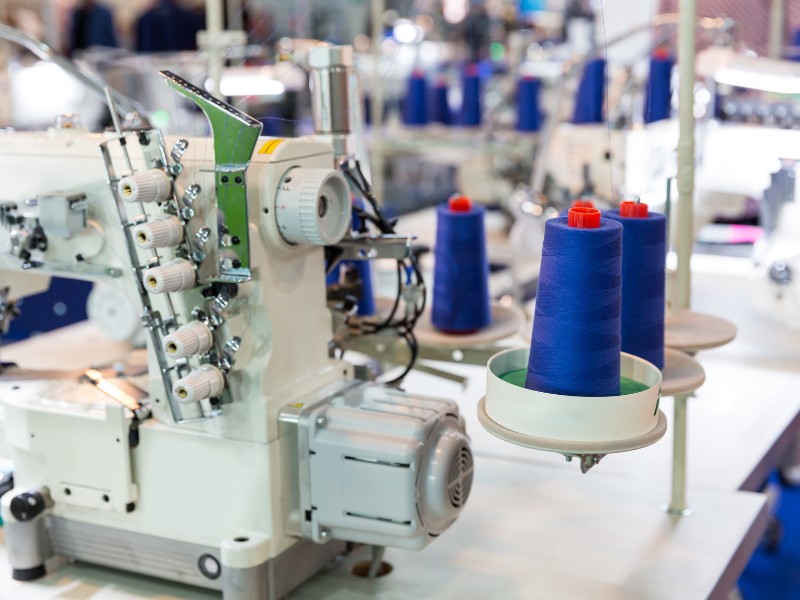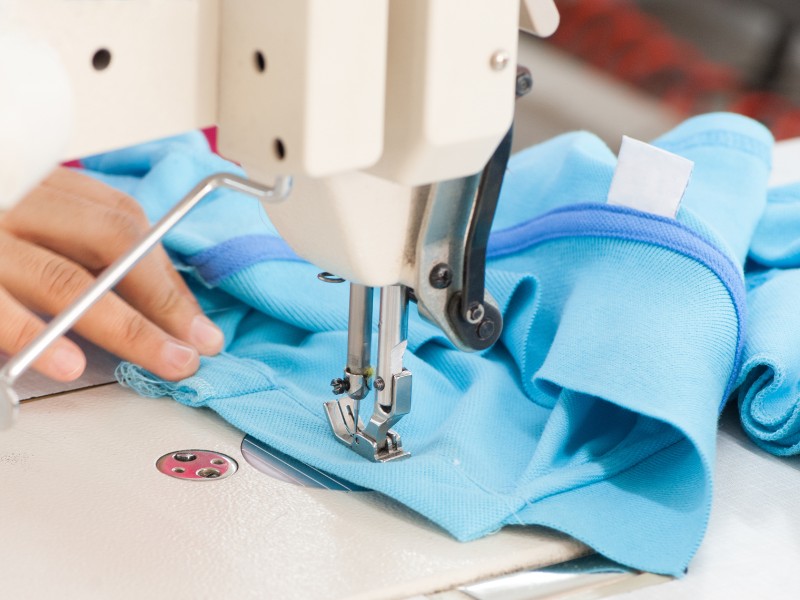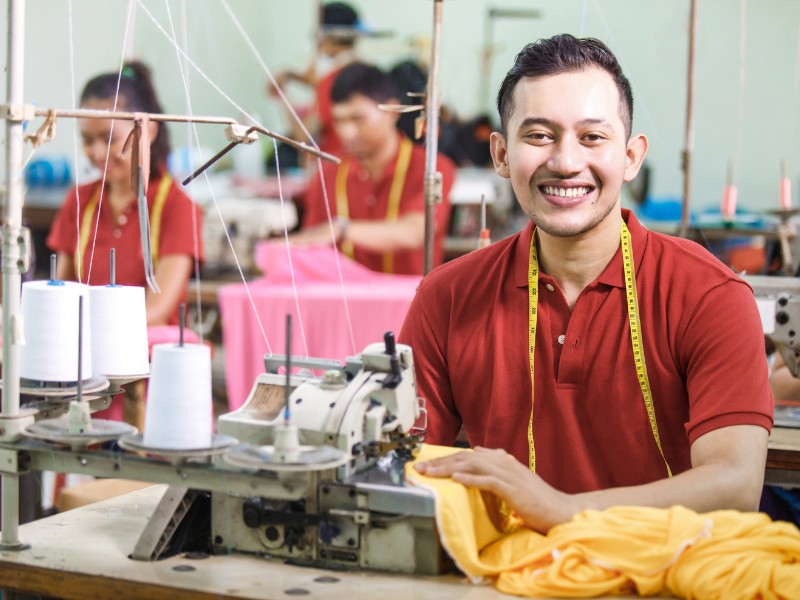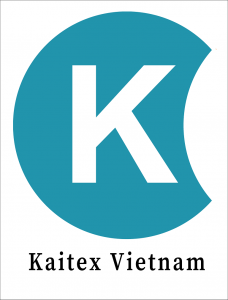Many businesses face significant challenges when searching for suppliers that accept small minimum order quantities (MOQ) for clothing. Most manufacturers prioritize large orders to maximize profits and reduce costs, leaving smaller or newly established brands needing help to secure partners for small-batch production. These brands often need suppliers who accept lower volumes and guarantee consistent quality and timely delivery. As a result, finding the right clothing manufacturers with low MOQ becomes a difficult task for businesses looking to balance flexibility and quality in their production.
Concerns when searching for clothing manufacturers with low MOQ
Despite the increasing need for low MOQ manufacturing, it can be challenging to find a supplier that guarantees high-quality products in smaller batches. Several common concerns include:
Quality control
Manufacturers might deprioritize small orders, leading to inconsistent product quality. Companies need assurance that smaller batches will still meet their high standards.

Finding a supplier that guarantees high quality for small orders is often challenging
Lead time
Small orders often take longer to fulfill, especially if manufacturers prioritize larger clients. Businesses need to work with suppliers who can balance the demands of both small and large orders.
Pricing
Producing low-volume orders can lead to higher costs per unit. Manufacturers may charge higher prices to offset costs, impacting a brand’s profit margins.
Rejection of small orders
Many manufacturers simply refuse small orders due to the cost-benefit imbalance. As a result, businesses with lower MOQs may struggle to find partners willing to accommodate their needs.
Challenges in sourcing clothing manufacturers with low MOQ
One of the most significant challenges businesses face is that many clothing manufacturers simply refuse small orders. Manufacturers are often reluctant to accept low MOQ because smaller orders are less profitable. Producing a small batch requires nearly the same amount of setup and resources as a large order. As a result, manufacturers prioritize larger orders that offer higher profit margins, leaving smaller businesses struggling to find partners willing to accommodate their needs.

Many manufacturers refuse small orders due to lower profit margins and higher setup costs
For many businesses, the rejection of small orders forces them to either scale up their order size – which may lead to overstock and financial strain—or look elsewhere, often at a higher cost.
Fear of compromised quality
Businesses that succeed in finding clothing manufacturers with low MOQ orders often worry about the quality of their products. With smaller orders, there’s a legitimate concern that manufacturers may deprioritize quality control. The logic is simple: manufacturers may put more effort into larger orders because those clients represent a bigger financial opportunity. Smaller orders may be seen as less important, leading to inconsistent quality.
For fashion brands, this is a significant risk. Poor quality can damage a brand’s reputation, resulting in lost customers and a tarnished image. Ensuring that manufacturers maintain high-quality standards regardless of the order size is a top priority for many businesses.
Higher per-unit costs
Manufacturing costs don’t scale proportionately with order size. For small orders, the cost per unit tends to be higher because many of the production costs – such as labor, machine setup, and material procurement are fixed. When these costs are distributed over fewer units, the price per unit increases, making small orders less cost-effective.
This presents a dilemma for businesses, particularly smaller brands with tight budgets. They must balance the need for smaller quantities with the reality of higher per-unit costs, which can impact their profit margins and pricing strategies.
Extended lead times
Low MOQ orders may also face longer lead times compared to larger orders. Since manufacturers prioritize larger clients, smaller orders may be pushed down the production queue. This delay can disrupt a business’s timelines, particularly when speed to market is crucial. For many brands, especially those in fast fashion or seasonal collections, delays can mean missed opportunities.

Low MOQ orders often face longer lead times, causing delays
As a result, manufacturers tend to focus on clients with larger order volumes, leaving smaller businesses with fewer supplier options.
How to find clothing manufacturers with low MOQ orders
Although many clothing manufacturers prefer larger orders, some specialize in low MOQ production. These manufacturers understand the needs of smaller businesses and offer flexibility while maintaining quality. When searching for clothing manufacturers with low MOQ, here are a few strategies to consider:
- Look for niche manufacturers: Some manufacturers specifically target smaller brands and niche markets, offering customized solutions for small orders.
- Consider Vietnamese manufacturers: Vietnam has become a key player in global garment production, and many manufacturers in the country accept low MOQ orders due to competitive labor costs, government support, and modern technology investments.
- Build long-term relationships: By fostering strong relationships with manufacturers, businesses may be able to negotiate better terms for small orders over time.

Find low MOQ manufacturers through niche suppliers – Vietnam
Why Vietnamese manufacturers are ideal for low MOQ production
Vietnam has emerged as a preferred destination for clothing manufacturers with low MOQs. There are several reasons why Vietnamese factories have an edge in this space:
- Low labor costs: Vietnam offers competitive labor rates, allowing manufacturers to handle small orders without significant cost increases. This affordability helps companies maintain profitability even when ordering lower quantities.
- Modern machinery: Many Vietnamese factories have invested in state-of-the-art machinery, enabling them to scale production effectively, even with smaller batches. Their technological capabilities ensure that orders are produced efficiently and to high standards.
- Government support: The Vietnamese government offers substantial backing to its manufacturing sector, including incentives for businesses that cater to various production scales. This support makes it easier for manufacturers to accept small orders while maintaining competitive pricing.
- Commitment to quality: Vietnamese manufacturers are known for their attention to detail and commitment to quality, regardless of order size. This dedication ensures that even smaller runs meet global standards, giving brands peace of mind.
Among the top Vietnamese manufacturers, Kaitex stands out for its ability to deliver small-batch orders without compromising on quality. With a focus on sustainability, modern production techniques, and international standards, Kaitex ensures that brands can produce high-quality garments, even in limited quantities. For businesses looking to collaborate with a reliable and cost-effective partner for low MOQ production, Kaitex offers an ideal solution.

Vietnam attracts low MOQ production due to low costs, modern technology, and government support
In a rapidly evolving market, Kaitex’s expertise and adaptability make it a preferred choice for brands looking to scale responsibly while maintaining premium standards.
In conclusion, finding the right clothing manufacturer with low MOQ orders can be difficult, but it is achievable. Manufacturers often avoid small orders due to higher production costs, lower profit margins, operational inefficiencies, and the administrative burden. However, businesses can find manufacturers willing to accept smaller orders by targeting niche markets and considering regions like Vietnam, where lower costs and modern infrastructure facilitate small-scale production.
